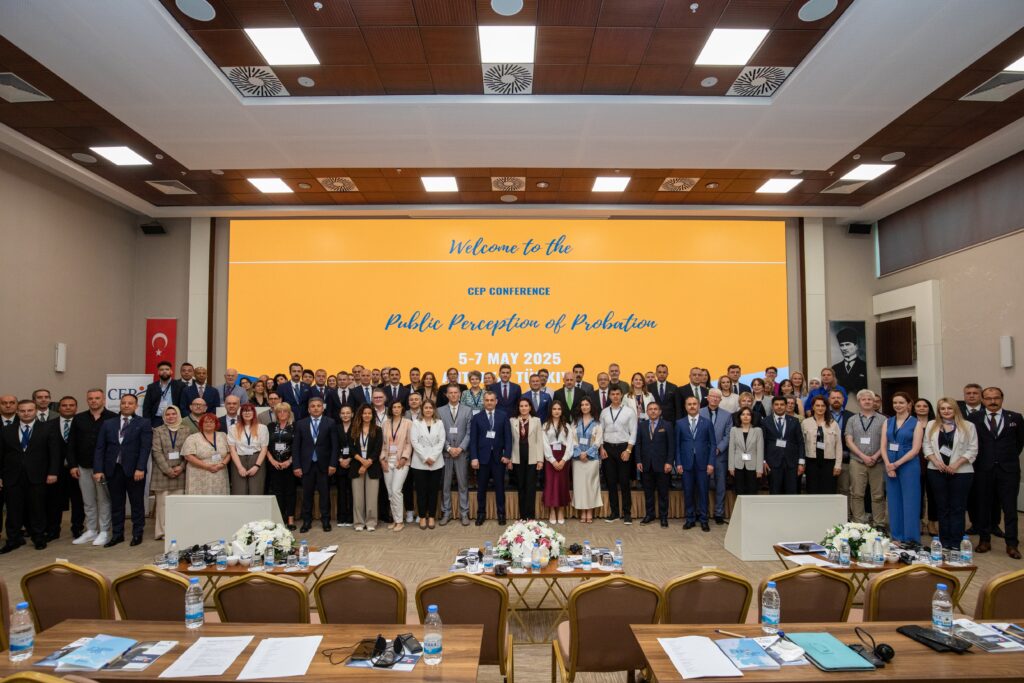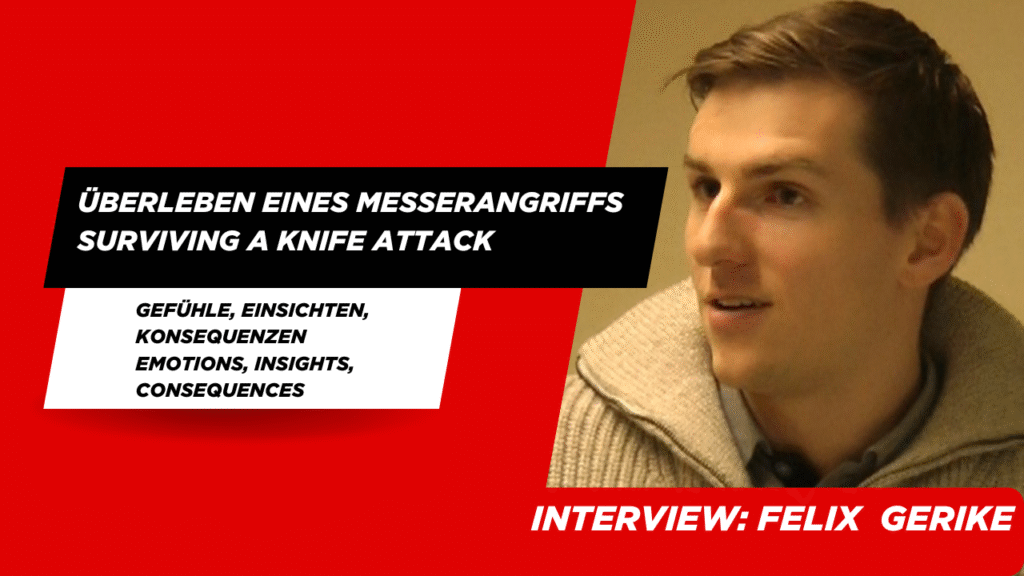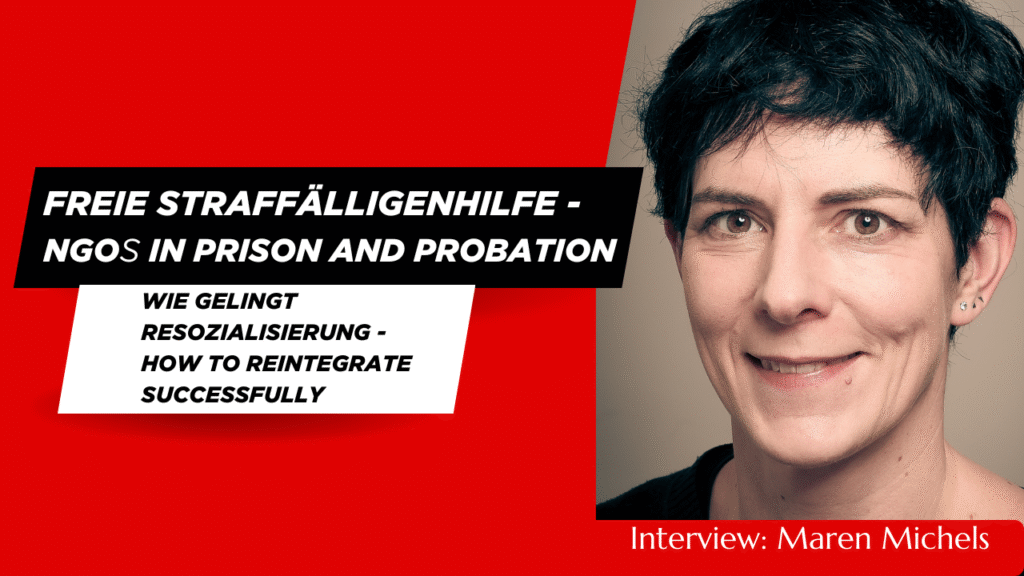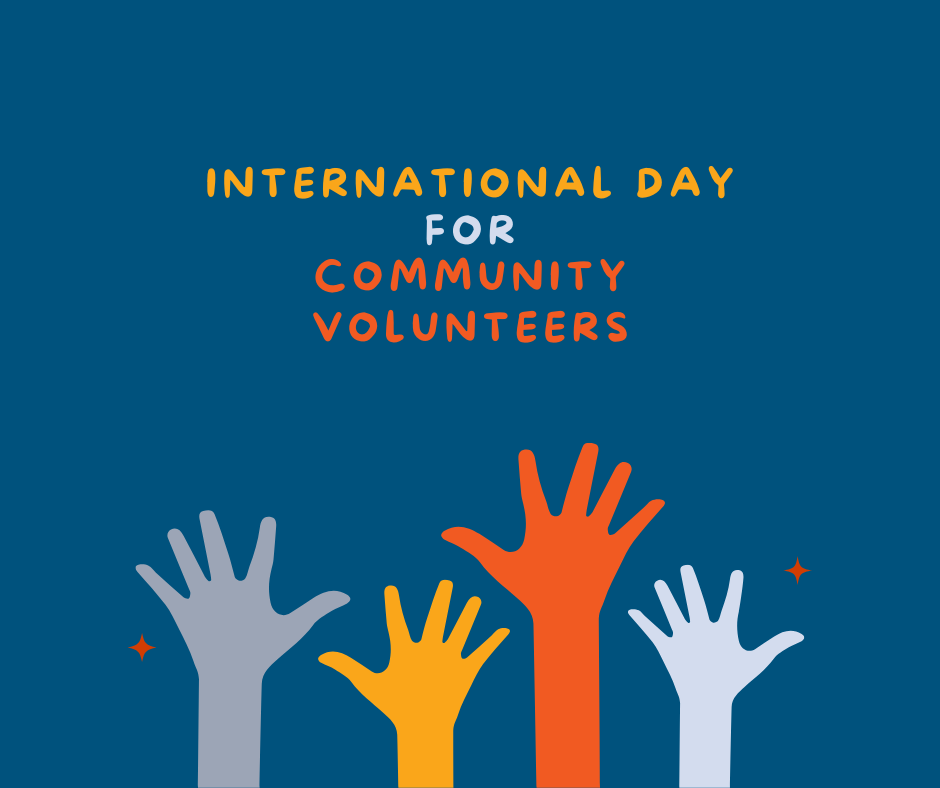Previous Article
News
RAN radicalisation in probation meeting in Dublin
The second meeting of the RAN Prison and Probation Working Group in 2017 took place in Dublin on 22nd and 23rd of May, in close collaboration with the Confederation of European Probation. The meeting was hosted by the Irish Probation Service. Participants were mainly experts on probation both on practitioner and policy level. Some of them already had vast experience with CVE/PVE and/or are tasked to deal with it, while some others were dealing with the topic as one of the challenges for current probation practice. A representative of the European Commission (DG Home Affairs and Migration) also attended the meeting.
Welcoming speeches were delivered by the RAN P&P, CEP and the Irish Probation Service. Special attention was given to the Handbook on practical ways in addressing radicalisation and violent extremism produced by the PC-CP Working Group of the Council of Europe.
Experiences
The meeting benefitted of insights from Member States’ experiences. Geraldine Blin (Project Director for the Fight against Radicalisation, French Ministry of Justice), described the situation in France. Main goals of the work in open environment are the detection of offenders suspected to be engaged in a radicalisation process and the assessment of the risks via a tool developed on the basis of other models (such as the VERA II and the Good Life Model). Offenders are supervised very closely through standardised procedures. Each probation service also has at least two specialised officers to monitor these specific target group.
The role of probation in dealing with radicalised offenders and returnees was also investigated further through lessons from past experiences. Tina Jörlemann (Lower Saxony, Germany) and Hugh Hamill (Northern Ireland) presented the work of probation with respectively sexual offenders and domestic extremist offenders (IRA), keeping in mind also the differences between the three groups of offenders. For example, two important lessons learnt from the work in probation with sexual offenders emerged to be: the need for smooth transition management and establishment of a central agency for supervision and exchange of information. The sensitive issue of exchange of information in multi-agency setting was confirmed as a challenge also when working with high risk (re)offenders for which data from multiple settings are key for safeguarding the person and society in general. An interesting good practice of the experience with IRA terrorists was the focus of probation on resettlement and related issues of resettlement, such as unemployment, difficult relationships with family and friends, poverty, mental illness and alcohol abuse. In addition any work in probation was based on voluntariness.
Regarding returning Foreign Terrorist Fighters participants exchanged thoughts on two challenges of the probations services:
- a) Differences between returnees and other radicalised offenders;
- b) The role of probation in re-socialisation of returnees.
Different levels
Similarities emerged with groups that where exposed to extreme situations such as military soldiers in combat (in the traumatisation), small criminal gangs (as opposed to wider organised criminal groups) in the search for identity and belonging and foreign fighters in Kosovo and Bosnia-Herzegovina. Another consideration to be taken into account when working with returnees is that not all of them are ‘criminal’ at the same level and there is the need to recognise several level of categorisations of risks posed by returnees: on the basis of these levels, different approaches need to be developed when working with them.
Training
Finally, discussion was held on the training needs for probation officers: signaling and risk assessment, multi-agency cooperation, interaction with radicalised persons and safety for staff and families. Once again, it emerged the challenge of working within multi-agency cooperation on classified information that cannot be shared with partners. Simon Cornwall (Consultant on Counter terrorism to the United Nations) and Bernd Glaeser (NGO Neustart) presented their experiences in the field of training staff who deal with radicalised clients.

Related News
Keep up to date with the latest developments, stories, and updates on probation from across Europe and beyond. Find relevant news and insights shaping the field today.
Recap

CEP Events, Communication and Awareness-Raising
Recap: Conference on Public Perception of Probation
06/05/2025
From 6 to 7 May, the CEP Conference on the Public Perception of Probation in Europe took place in Antalya, Türkiye, bringing together over 100 participants from more than 20 countries. The event offered space for open discussion, exchange of experiences, and practical ideas on how probation is seen and supported across Europe.
New

Probation in Europe
New Interview Online with Felix Gerike, a survivor of a knife attack
01/05/2025
What do victims of violent crime need to recover—and what can be done to prevent such attacks?
In the latest episode of Division_Y, Jo Tein, CEP board member, speaks with Felix Gerike, a survivor of the 2023 Brokstedt knife attack in Germany. Felix played a crucial role in disarming the attacker, helping to prevent further harm. He shares his personal experience, reflections on victim support, and his views on justice and policy responses to violent crime.
Probation in Europe
New Executive Summaries for the report on Building Probation Capacity in Spanish and Italian
01/05/2025
Updated

CEP Board, Probation in Europe
New Interview Online: Maren Michels – The Role of NGOs in Probation
22/04/2025
In the newest Division_Y interview, Maren Michels, director of the Hamburg Welfare Association, shares her experiences and reflects on the vital role that NGOs play in supporting people during and after incarceration.
New

CEP Events
Want to Win a CEP Award? See How Finland Did It – Apply for 2025!
22/04/2025
We’re excited to share an exclusive interview with the winners of the Development of National Probation Services Award from the CEP Awards 2022:
The Prison and Probation Service of Finland.
New

Volunteers
International Day for Community Volunteers
17/04/2025
17 April – International Day for Community Volunteers!
Today, we celebrate the inaugural International Day for Community Volunteers Supporting Offender Reintegration—a day dedicated to acknowledging the vital contributions of volunteers who assist individuals in their journey back into society.
This initiative was launched during the 2nd World Congress for Community Volunteers, held alongside the 6th World Congress on Parole and Probation in The Hague (16–18 April 2024).
At CEP, we’re proud to support the official Declaration on the International Day for Community Volunteers. We’re also actively involved in the CoPPer project—a European initiative aimed at promoting community participation in probation services. CoPPer focuses on training volunteers to support individuals under supervision, helping them access education, employment, and community connections.
A heartfelt thank you to all the community volunteers out there—your dedication makes a real difference.
Subscribe to our bi-monthly email newsletter!
"*" indicates required fields
- Keep up to date with important probation developments and insights.

